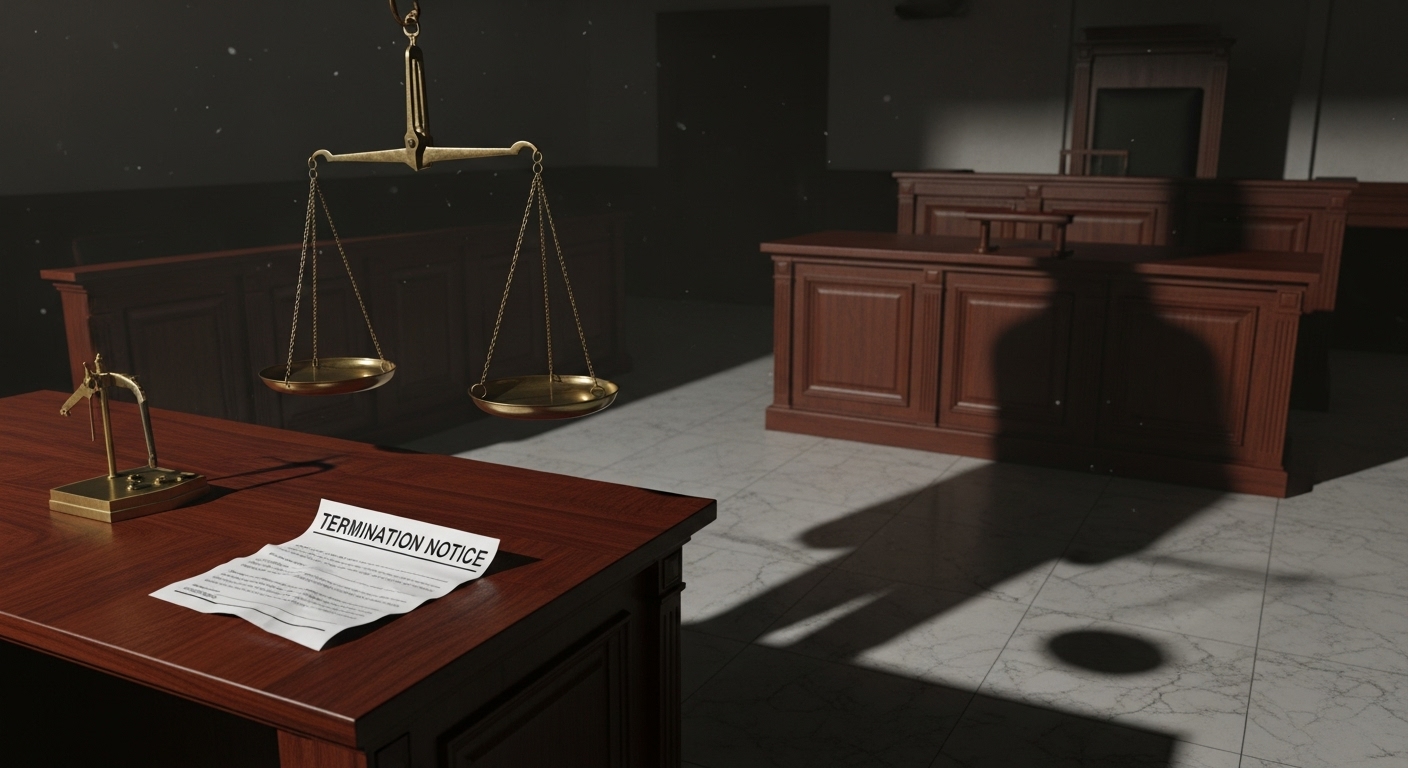The independence of our justice system is a cornerstone of democracy, yet concerns about political interference in legal processes, particularly high-profile cases, frequently surface. When a prosecutor is fired, especially for reasons perceived as political, it triggers widespread public anxiety and raises fundamental questions about the impartiality of the law. Understanding the full impact of politically motivated firings is crucial for anyone invested in the integrity of our legal framework.
This article delves into the significant consequences when politics dictates prosecutorial removals. We will explore how such actions threaten judicial independence, erode public trust, disrupt critical operations, and create a chilling effect on legal professionals. Our analysis provides clarity on this complex issue, offering insights into safeguarding mechanisms and the paramount importance of upholding the rule of law in a highly polarized era.
Introduction: Defining Politically Motivated Prosecutorial Removals and Their Significance
A politically motivated prosecutorial removal occurs when a prosecutor is dismissed from their position, not due to incompetence or misconduct, but because their actions or investigations are perceived to conflict with the political agenda of an appointing authority. This can range from a president firing a federal prosecutor to an attorney general dismissing a local district attorney, often leading to sensational prosecutor fired news.
Such removals are significant because they directly challenge the principle of prosecutorial independence – the idea that legal decisions should be made based solely on the law and facts, free from political influence or pressure. The very foundation of justice relies on this autonomy, ensuring fair and unbiased application of the law, regardless of the political ramifications.
Threats to Judicial Independence: Why Impartiality in Prosecution Matters
Impartiality is the bedrock of a fair justice system. Prosecutors, as officers of the court, are tasked with seeking justice, not political victories. When prosecutors are removed for political reasons, it sends a clear signal that their decisions may be subject to external, non-legal pressures. This directly undermines judicial independence.
Our experience shows that such actions can lead to a perception that the justice system is being weaponized for political gain, rather than serving the public interest. The question, “can a president fire a prosecutor without political motive?” becomes secondary to the perception that such power can be abused. The impact of politically motivated firings on this independence is profound, suggesting that legal outcomes might be shaped by political expediency rather than objective legal reasoning.
Erosion of Public Trust: How Firings Undermine Faith in the Justice System
Public trust is fragile and easily fractured. When the media reports on a prosecutor fired for political reasons, it inevitably leads to skepticism and cynicism about the justice system. The public begins to question whether justice is truly blind or if it is swayed by the powerful.
This erosion of trust has long-lasting repercussions. Citizens may become less willing to cooperate with law enforcement, serve on juries, or believe in the fairness of judicial outcomes. We consistently find that without public confidence, the legitimacy and effectiveness of the entire legal system are severely compromised. Allegations of justice department political pressure further intensify this mistrust, making it harder for the public to discern unbiased truth.
Operational Disruptions: Effects on Ongoing Investigations, Cases, and Legal Processes
Beyond the abstract principles of trust and independence, politically motivated firings create tangible operational disruptions. When a prosecutor is removed, especially mid-investigation or during a complex trial, it can cause immediate chaos.
- Loss of institutional knowledge: The departing prosecutor often takes with them critical insights into cases, evidence, and strategy.
- Delays and inefficiencies: A new prosecutor needs time to get up to speed, potentially delaying trials, investigations, and other legal processes.
- Compromised investigations: Sensitive ongoing investigations might stall or be redirected, risking evidence integrity or allowing suspects to escape justice.
We’ve observed that the question of “what happens when a prosecutor is fired?” often means a complete overhaul of team dynamics and case management, introducing significant vulnerabilities into the legal process. The legal implications of prosecutor firing can be substantial, sometimes even leading to dismissed cases or appeals based on prosecutorial changes.

The Chilling Effect: Impact on Prosecutors’ Autonomy and Decision-Making
One of the most insidious consequences of politically motivated firings is the
